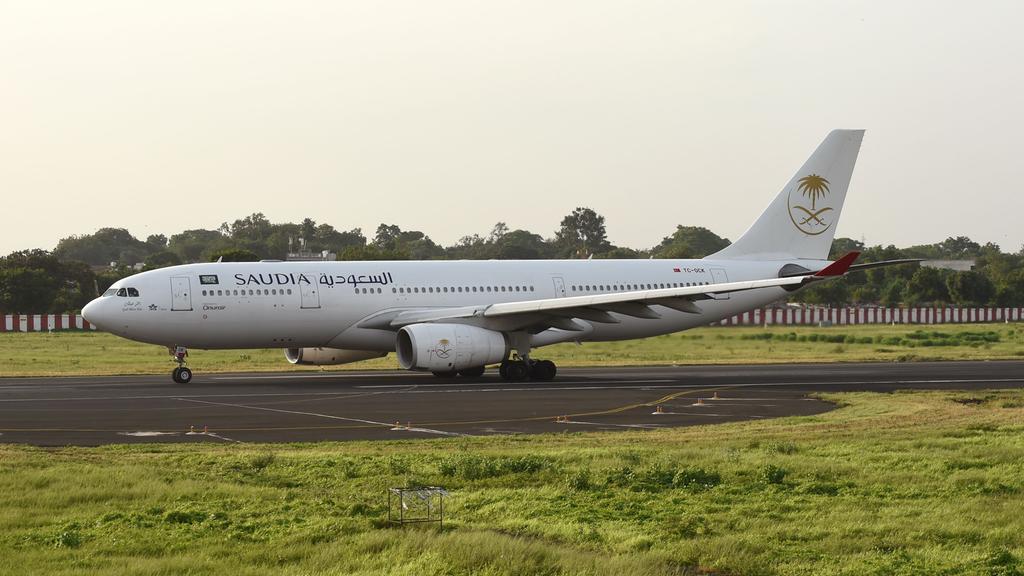Last week, Riyadh announced that it would open its borders with Qatar to allow Muslim pilgrims' access to Mecca to observe their Hajj rituals.
"Qatari authorities have not allowed the aircraft to land as it did not have the right paperwork, although the paperwork was filed days ago," the state-run Saudi Press Agency said.
"Saudi Arabian Airlines director general Saleh al-Jasser has said that the airline has thus far been unable to schedule flights to transport Qatari pilgrims from Hamad International Airport in Doha," SPA added.
The reopening of the border initially sparked hope of a thawing in the Gulf crisis, which saw Saudi Arabia and its allies cut diplomatic ties with Doha in June over accusations that the emirate supported terrorism and extremism. Qatar has denied the allegation.
But even as Doha cautiously welcomed the reopening of the border, it blasted the move as "politically motivated".
Doha has also accused Riyadh of jeopardizing the pilgrimage to Mecca by refusing to guarantee the safety of Qatari citizens.
Saudi Arabia, Bahrain, Egypt, and the United Arab Emirates cut their diplomatic ties and transport links with Qatar on June 5, accusing it of sponsoring terrorism.
The boycotting countries also closed their airspace to flag carrier Qatar Airways. The airline has stopped using the airspace of those countries ever since, rerouting flights and using alternative paths, including through Iranian skies.
The Saudi-led embargo has had an economic impact on Qatar. Trying to make up for lost revenue, Doha has said it would allow the citizens of 80 countries to travel to the country visa free.
Doha says it would press the sanctioning countries to compensate for the economic damages arising from the embargo, but has also said it has enough financial resources at its disposal to weather the bans.
/323

